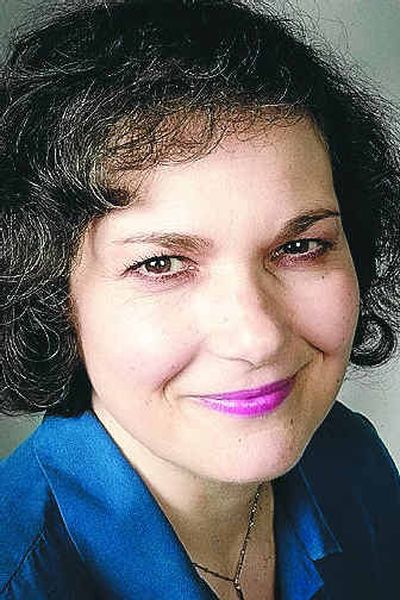It’s anchors away as news biz changes

The soap-opera characters were discussing their Thanksgiving plans when a CBS news bulletin flashed across the screen. Walter Cronkite appeared in a paper-cluttered newsroom, a black, rotary phone on the desk in front of him.
It was Nov. 22, 1963. President Kennedy had been shot. Cronkite followed the story, calmly and competently, up to the moment he said, “From Dallas, Texas, the flash – apparently official – President Kennedy died at 1 p.m. Central Standard Time, 2 p.m. Eastern Standard Time, some 38 minutes ago.”
Cronkite took off his black-framed glasses and glanced at a clock on the wall. Then he looked down at his desk, placed his glasses back on, paused, and then swallowed any tears that were gathering inside him.
These events happened 41 years ago. To write about them in such detail, I typed “Walter Cronkite President Kennedy dead” into Google, an Internet search engine. This led me to a CBS.com news video. I was able to watch Cronkite’s JFK-assassination reporting, and see a snippet of “As the World Turns” from Nov. 22, 1963, thanks to Wal-Mart, the Web site’s sponsor. First, though, I had to sit through a 15-second commercial.
I choked up each time I played the archival Cronkite report. It was a remembered sadness – I was in third grade when Kennedy was assassinated – mixed with some sadness that the network-anchor era has unofficially ended.
In the past year, NBC’s Tom Brokaw signed off, Dan Rather sauntered away from CBS, and ABC’s Peter Jennings announced that he’s battling lung cancer and won’t be on the air as much.
Today, at Washington State University in Pullman, journalists from throughout the country will join students and faculty for the 31st annual Edward R. Murrow Symposium.
Just one year ago, at the 2004 symposium, Peter Jennings accepted the Murrow Lifetime Achievement Award, named in honor of the WSU alum and war correspondent who became the standard bearer for truth and accuracy in journalism.
Just one year ago, Brokaw was still on each night for NBC, and Rather’s military-record story controversy was months away. So the status was quo in network-anchor world. Now, these main men of news are gone or on their way out.
Their demise was predicted for years, as news and entertainment coalesced, and a younger generation tuned out the older guys in favor of news delivered selectively and more anonymously on the Internet. The growing mistrust of mainstream news organizations didn’t help, either.
“It’s sad to see them go through this. They were father figures, but I think we lost them a long time ago,” said Rick Busselle, a WSU faculty member in the Edward R. Murrow School of Communication.
Busselle and other journalism professors now face the challenge of teaching students the skills they’ll need to thrive in the media of the future. But no one can accurately predict what that future will look like.
Will Wal-Mart sponsor individual stories someday, blurring forever the line between advertising and news? Or will Internet blogs and multiple cable news channels actually help make news more accurate?
Busselle knows one thing for sure: “Journalists are going to have to know how to attract an audience, attract attention. That’s what will allow them to keep their jobs.”
Yet Busselle and other dedicated journalism professors still teach to Murrow’s values. They teach the importance of accurate reporting and authentic storytelling. They teach the responsibility that accompanies the power and the privilege of working in the media.
A few years ago, Cronkite explained how he felt the moment he learned JFK was dead. He said, “It hit me pretty hard, just for that moment, while I gathered myself together, and went on again, beginning to think … now where do we go?”
Now where do we go? Good question, as always, Mr. Cronkite.